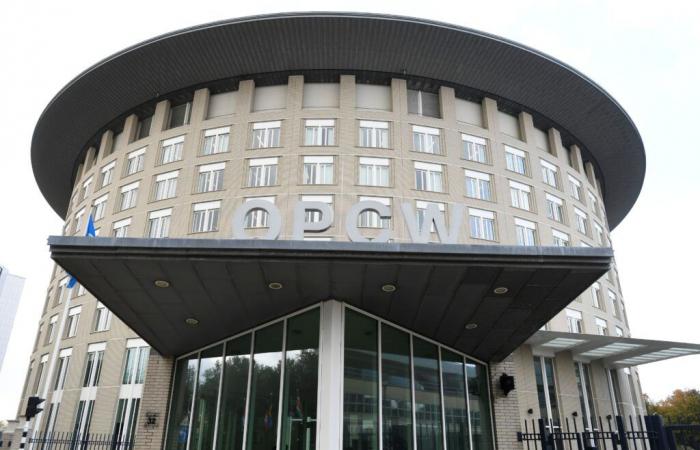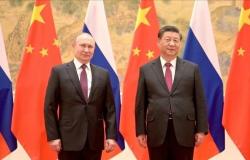The European Commission proposed adding 15 new entities and persons to its framework for sanctions against Russian hybrid threats, as well as people suspected of having used chemical weapons in Ukraine, European sources said on Wednesday.
Russia has been leading a large -scale invasion of Ukraine for over three years. The organization for the ban on chemical weapons (OPCs), which monitors chemical weapons around the world, said last November that it has found evidence of the use of tear gas on the front line between Ukraine and Russia, without however attributing the responsibility for these acts.
The use of anti-assertive agents such as tear gas as a method of war is prohibited by the convention on chemical weapons, the non-proliferation treaty supervised by the organization for the prohibition of chemical weapons (OPCO). The United States and Ukraine accused Moscow of violating the Convention. The Kremlin rejected these accusations.
EU envoys began discussions on a 17th penalties against Russia on Wednesday, which mainly targets the Russian military apparatus, as well as the clandestine maritime fleet of Moscow and its support system.
-These two trains of measures, as well as a third series of measures which would add 25 entities and individuals, mainly the latter, suspected of human rights violations, were examined in parallel.
As part of the 17th package, the Member States should agree to register on the list around 140 new ships, mainly oil tankers, and 70 entities and people in next week. The new registrations are initiated by the EU diplomatic service, the SEAE, while the sectoral sanctions are carried out by the Commission.
According to some sources, the EU should register on the list the large Russian oil company Surgutneftegaz, which Washington targeted in January as part of a large campaign of repression against Russian energy trade. (Report by Julia Payne; edited by Mark Heinrich and Kirsten Donovan)








